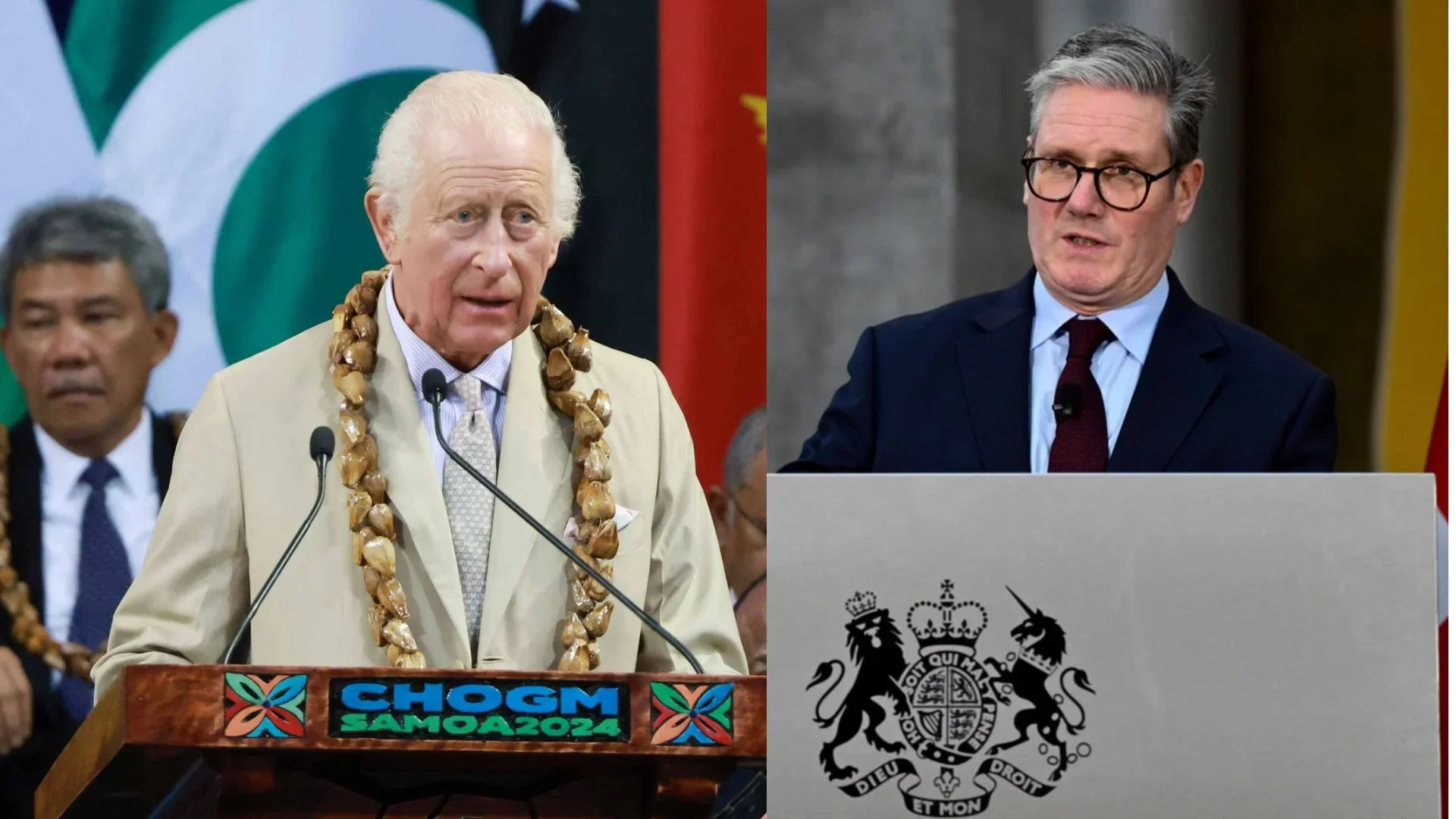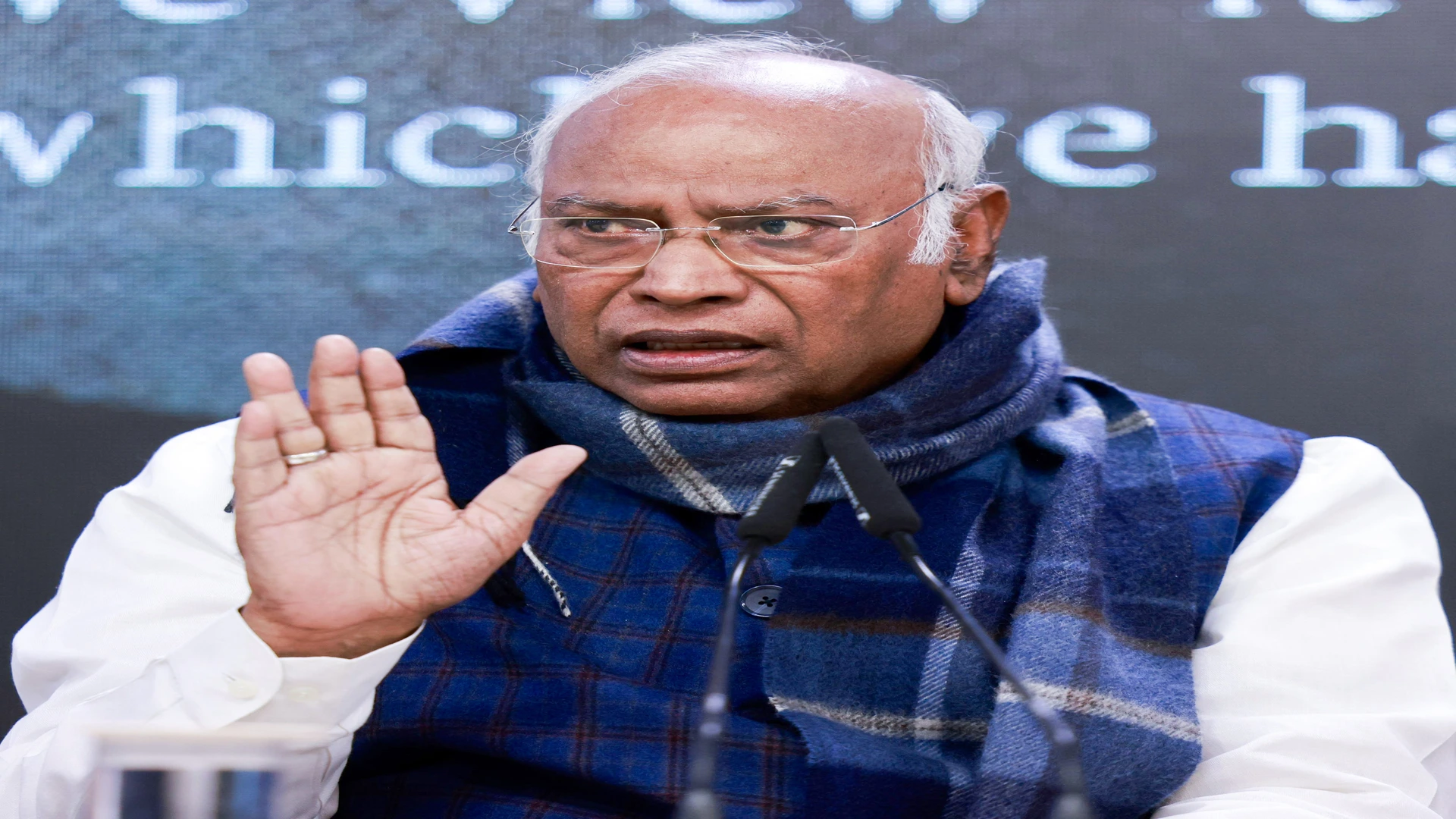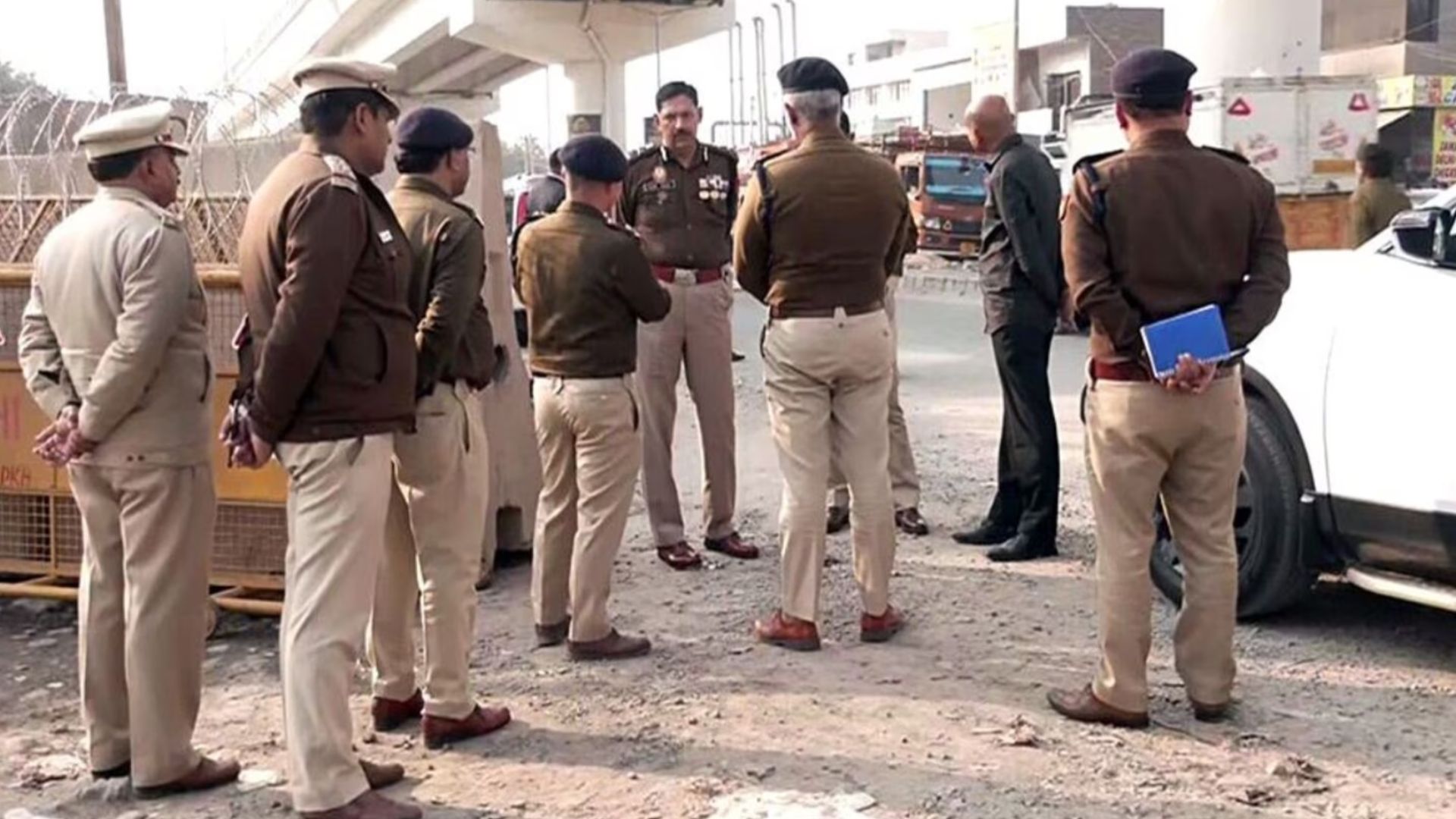As Commonwealth leaders gather in Samoa, Britain’s government and King Charles III are bracing for intensified discussions on reparations for the transatlantic slave trade, a topic poised to dominate the summit. UK Prime Minister Keir Starmer, speaking en route to Samoa, emphasized a “forward-looking” approach, noting that Commonwealth nations are also facing immediate challenges, such as climate issues. However, diplomats are reportedly preparing a summit communique advocating for a “meaningful, truthful, and respectful conversation” about slavery’s legacy.
Between 1640 and 1807, Britain enslaved approximately 3.1 million Africans, transporting them to colonies worldwide, particularly to the Caribbean for sugar production. Calls for Britain to issue a formal apology or consider reparations have long been resisted by successive governments. A 2023 report by The Brattle Group, commissioned by the University of the West Indies, estimated potential reparations for 14 affected nations at $24 trillion (£18.5 trillion)—around seven times the UK’s GDP.
The biennial Commonwealth Heads of Government Meeting (CHOGM) draws representatives from its 56 member states. King Charles III, who formally opened this year’s summit, has taken steps toward acknowledging Britain’s role in slavery. During previous Commonwealth addresses, he described the “wrongdoings of the past” as causes of “greatest sorrow and deepest regret.” Both he and Prince William have shown support for research into the monarchy’s historical involvement in slavery.
Despite expressions of contrition, the UK government has not offered an apology or entertained reparations. King Charles, as a government representative, is limited to the official stance, which firmly excludes financial restitution. Yet, with Commonwealth secretary-general candidates openly supporting reparations, the issue is likely to shape the bloc’s future agenda and potentially impact its leadership selection at this year’s summit.







